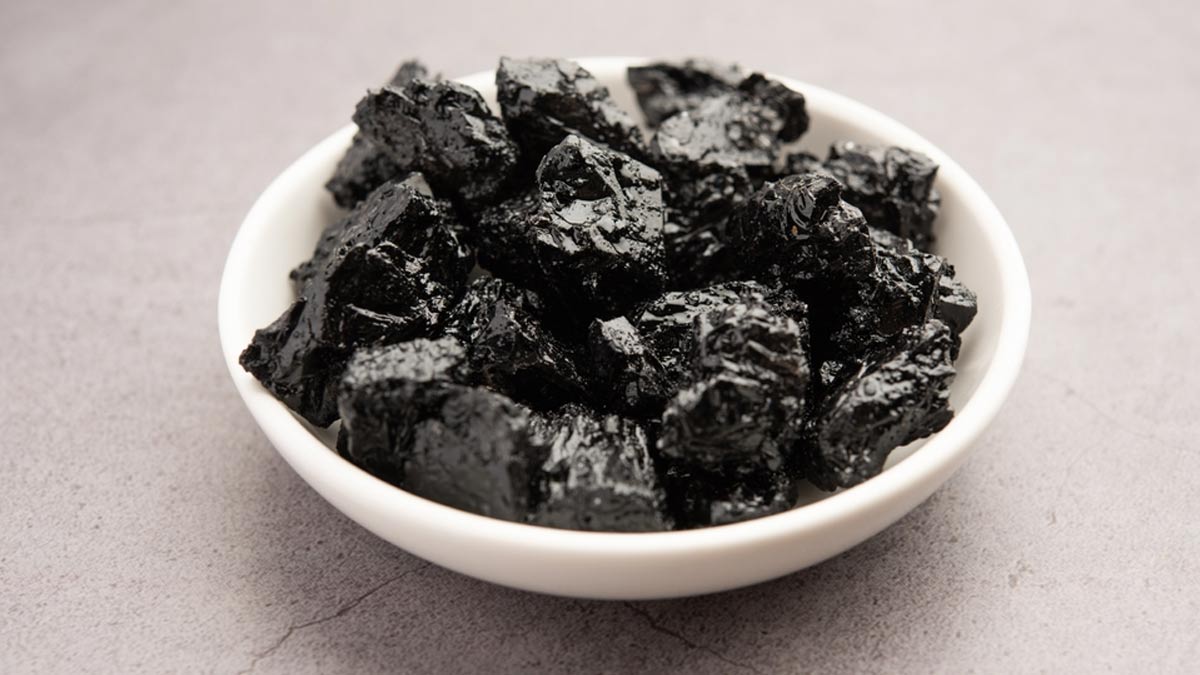At MAMALADY, we are passionate about providing eco-friendly, sustainable solutions for families. One of the most versatile and environmentally friendly materials available today is Bamboo. This remarkable plant has become a favorite choice for products designed for babies, toddlers, and families who want to embrace sustainability without compromising quality or safety.
In this article, we will explore why bamboo is an excellent material for everyday family products, its benefits, and how choosing bamboo products can positively impact both your family and the planet.
Why Choose Bamboo?
What Makes Bamboo Sustainable?
Bamboo is often referred to as a “super plant” because of its rapid growth and minimal environmental impact. Unlike traditional hardwood trees, bamboo can grow up to several feet in just one day and reaches maturity in about three to five years. This rapid growth means bamboo can be harvested sustainably without causing deforestation.
Additionally, bamboo requires little water, no pesticides, and replenishes itself quickly, making it a highly renewable resource. When families choose bamboo products, they are supporting an eco-conscious lifestyle that reduces their carbon footprint.
Bamboo vs. Other Materials
Compared to plastic, cotton, or hardwood, bamboo offers a more sustainable alternative. Plastic, for example, is derived from fossil fuels and contributes significantly to pollution. Cotton cultivation often requires large amounts of water and pesticides. Hardwood trees take decades to mature, leading to deforestation and habitat loss. Bamboo avoids these issues, making it a responsible choice for family products.
Bamboo Products for Babies and Toddlers
Soft and Safe Baby Clothing
Bamboo fibers are naturally soft and breathable, making bamboo fabric an excellent choice for baby clothing and blankets. This material is hypoallergenic, gentle on sensitive skin, and moisture-wicking, helping to keep babies comfortable and dry. Parents who choose bamboo clothing for their infants are prioritizing comfort and safety while supporting sustainable practices.
Eco-Friendly Feeding Accessories
From baby spoons and plates to bibs and cups, bamboo products are revolutionizing feeding time. Bamboo feeding accessories are durable, lightweight, and naturally antimicrobial, reducing the risk of bacterial growth. These products are free from harmful chemicals often found in plastic alternatives, making them a safer choice for toddlers.
Toys and Teething Products
Bamboo is also a fantastic material for toys and teething products. Because bamboo is sturdy yet gentle, it can withstand the rough play of toddlers while being safe enough for them to chew on. Bamboo toys are non-toxic, biodegradable, and often come in simple, timeless designs that encourage imaginative play.
Bamboo Products for Families
Kitchen Essentials
Many families are switching to bamboo kitchen products, such as cutting boards, utensils, and bowls. Bamboo’s natural antibacterial properties make it ideal for food preparation. It’s also highly durable and resistant to moisture, which extends the life of kitchen tools.
Home and Bathroom Accessories
Bamboo is increasingly popular for home décor and bathroom accessories like towels, toothbrushes, and storage solutions. Bamboo toothbrushes, for instance, are a great alternative to plastic ones and help reduce daily plastic waste. Bamboo towels and bath mats are soft, absorbent, and eco-friendly, adding a touch of sustainability to the household routine.
Sustainable Bedding and Furniture
Bamboo bedding products, including sheets, pillowcases, and mattress covers, offer a breathable and cooling experience while being gentle on the environment. Bamboo furniture, such as cribs, chairs, and shelving, is strong, lightweight, and aesthetically pleasing, providing a natural look to family living spaces.
Benefits of Using Bamboo Products
Health and Safety
One of the biggest advantages of bamboo products is their natural health benefits. Bamboo fibers are hypoallergenic and antibacterial, which helps protect sensitive skin and reduces exposure to chemicals often found in synthetic materials. Families can feel confident that bamboo products are safe for their children and themselves.
Environmental Impact
Choosing bamboo products helps reduce deforestation, conserve water, and minimize chemical use. Bamboo’s carbon absorption rate is higher than many tree species, meaning it helps combat climate change by capturing more CO2. By incorporating bamboo into daily life, families can contribute to a healthier planet.
Durability and Longevity
Bamboo products are not only sustainable but also built to last. The strength and flexibility of bamboo make it resistant to wear and tear. This durability means less frequent replacement, reducing waste and saving money in the long run.
How to Care for Bamboo Products
Cleaning and Maintenance Tips
To ensure the longevity of your bamboo products, proper care is essential. Most bamboo items should be hand-washed with mild soap and water and dried immediately to prevent warping. Avoid soaking bamboo for prolonged periods and keep it away from direct heat sources.
Storage Recommendations
Store bamboo products in a dry, well-ventilated area to prevent mold or mildew. For bamboo clothing and textiles, follow the care instructions to maintain softness and durability over time.
Where to Buy Quality Bamboo Products
When purchasing bamboo products, it is important to choose reputable brands committed to sustainability and ethical manufacturing. At MAMALADY, we carefully select bamboo products that meet high standards for safety, quality, and eco-friendliness. Shopping with trusted retailers ensures that the bamboo products you bring into your home are truly sustainable and safe for your family.
Conclusion
Bamboo is more than just a trendy material—it is a sustainable, practical, and healthy choice for families looking to make eco-conscious decisions. From baby clothing to kitchen tools, toys, and home accessories, bamboo products offer a unique combination of durability, safety, and environmental responsibility.


